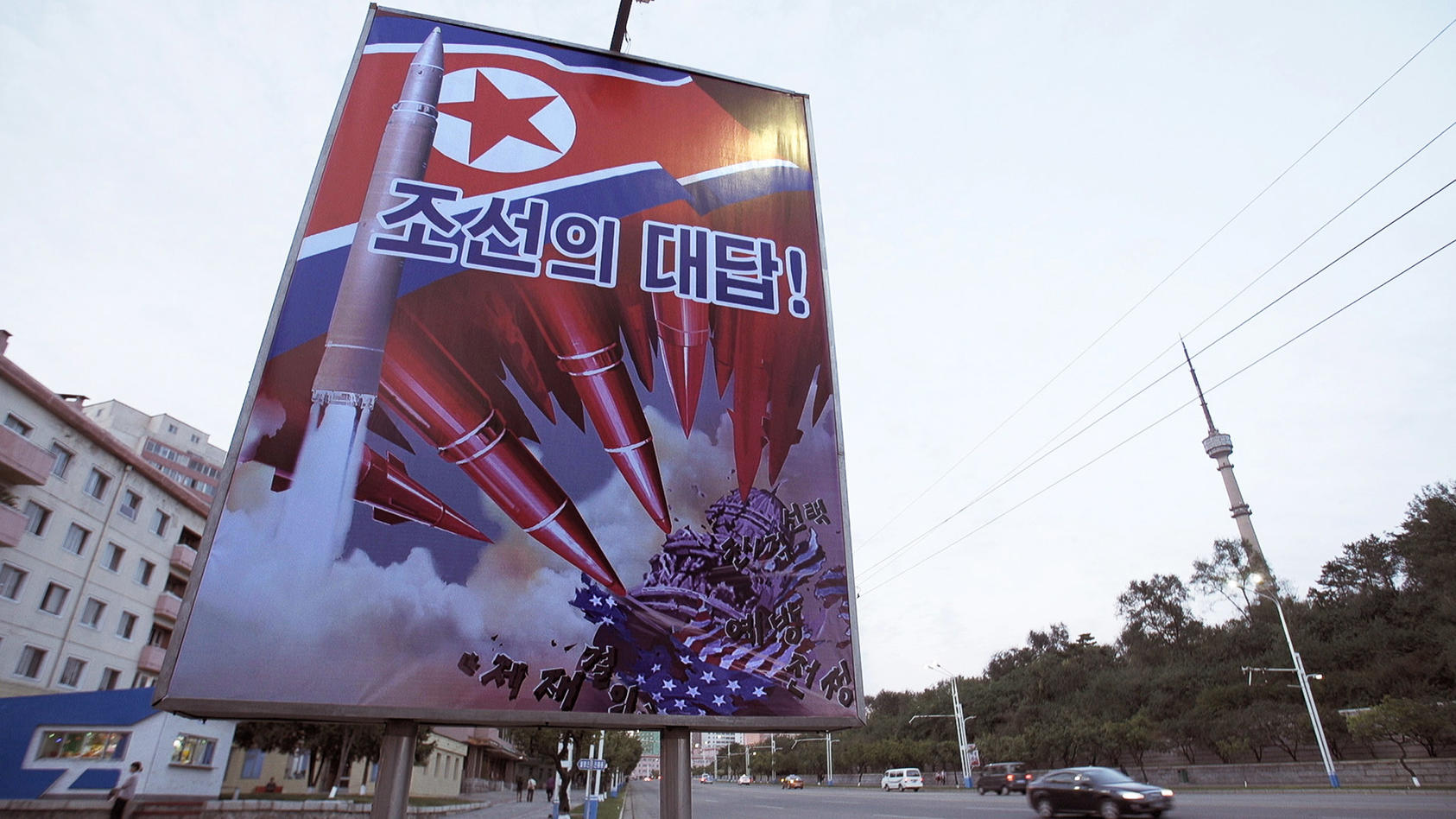Is There any Chance North Korea Will Ever Give Up Its Nuclear Weapons?
Given that North Korea will not disarm, Washington should consider how to reduce tensions toward peaceful coexistence.
Of course, no analyst can say with 100 percent certainty that North Korea will never give up its nuclear weapons.

However, all the data points over many decades — including North Korea’s hostile relationship with the United States and South Korea, its experience of U.S. carpet-bombing during the Korean War, the constant threat of a U.S. nuclear attack, the dilapidated state of North Korea’s conventional military, the cost-effective nature of investing in nuclear weapons versus conventional military assets, the prestige provided by being one of only nine countries with nuclear weapons, the experience of other countries being toppled or threatened after giving up their nuclear weapons, the incomparable strength of nuclear weapons as a deterrent, and the general paranoid nature of the Kim regime — suggest that North Korea will not disarm in the short, medium and probably long-term.
Not surprisingly, the U.S. intelligence community assesses North Korea will not abandon its nuclear weapons.
The more important question is, given that North Korea will not disarm and the two countries have a hostile relationship, what can the United States do to help reduce tensions, decrease misperceptions and miscommunication, and lower the risk of a nuclear war?
In other words, how can the United States achieve peaceful, not hostile, coexistence with a nuclear North Korea? First, a peace treaty is not necessary to live in relative peace. Between 1994–2008, the two countries peacefully coexisted. They constantly engaged diplomatically. U.S. military officers worked alongside Korean People’s Army officers in North Korea to conduct recovery operations for U.S. service member remains from the Korean War (1996-2005). U.S. congressional members and staff visited North Korea frequently. Many U.S. NGOs conducted humanitarian projects in North Korea.
North Korean academic, sports and cultural delegations visited the United States, approximately 800 to 1,000 American citizens traveled to North Korea every year, and North Korea’s military demonstrations were limited (e.g., one missile test between 1994–2002). Today, none of these characteristics of peaceful coexistence exist, and North Korea conducted more missile tests in 2022 (69) than in any previous year.
Of course, the situation is different today since North Korea possesses nuclear weapons. But this is precisely why the United States and North Korea need to increase dialogue and improve relations. But doing so will require a courageous paradigm shift by one or both governments.
Certain things like denuclearization and sanctions relief will remain difficult, but many other aspects of peaceful coexistence should be achievable and are in both countries’ interests.
USIP will be releasing a series of essays this fall exploring how the United States can pursue peaceful coexistence with North Korea across the diplomatic, military, economic and people-to-people domains despite the denuclearization stalemate.
This was originally published by The National Interest.



